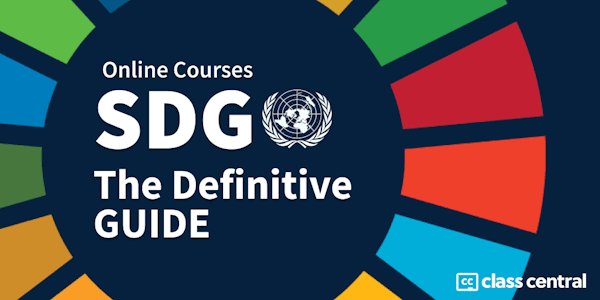Explore the significance of fisheries management and marine protected areas
SDG 14 aims to promote the conservation and sustainable use of the ocean and its resources. This requires global cooperation to protect marine ecosystems from the threats of pollution, overfishing, and climate change.
On this six-week course, you’ll explore the challenges in achieving SDG 14 and potential solutions such as fisheries management and marine protected areas.
You’ll also gain an overview of Taiwan’s ocean laws and policies, with a focus on its efforts to make the country a leader in sustainable ocean governance.
Understand the effects of overfishing
Overfishing has caused widespread damage to fish stocks and marine ecosystems. On the course, you’ll explore how effective fisheries management is instrumental in improving fish stock status.
You’ll also discover the challenges and opportunities in managing multi-species fisheries before exploring science-based marine and coastal management strategies.
Unpack the implications of marine pollution
Next, you’ll examine the issue of marine pollution and its implications for both the environment and human health.
Delving into the various sources of marine pollution, you’ll also explore the policies and strategies that can be used to reduce its impact on ocean ecosystems.
Discover efforts to combat IUU fishing
Finally, you’ll gain an understanding of Taiwan’s ocean laws and policies. You’ll explore the country’s approaches to marine and coastal management and its efforts to combat illegal, unreported, and unregulated (IUU) fishing.
With this knowledge, you’ll understand how Taiwan’s marine sustainability actions can be applied on a global scale to help achieve SDG 14.
This course is designed for anyone interested in environmental conservation, particularly related to marine ecosystems.
It will be beneficial for students and professionals in related disciplines to understand sustainable practices and policies related to marine ecosystems.



















